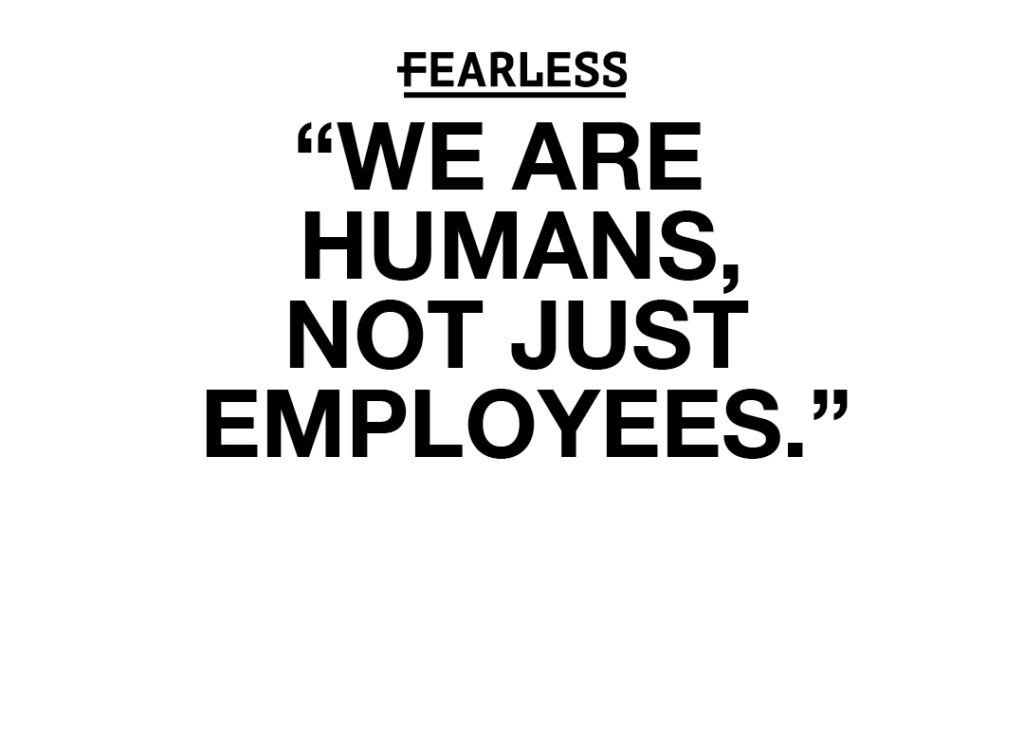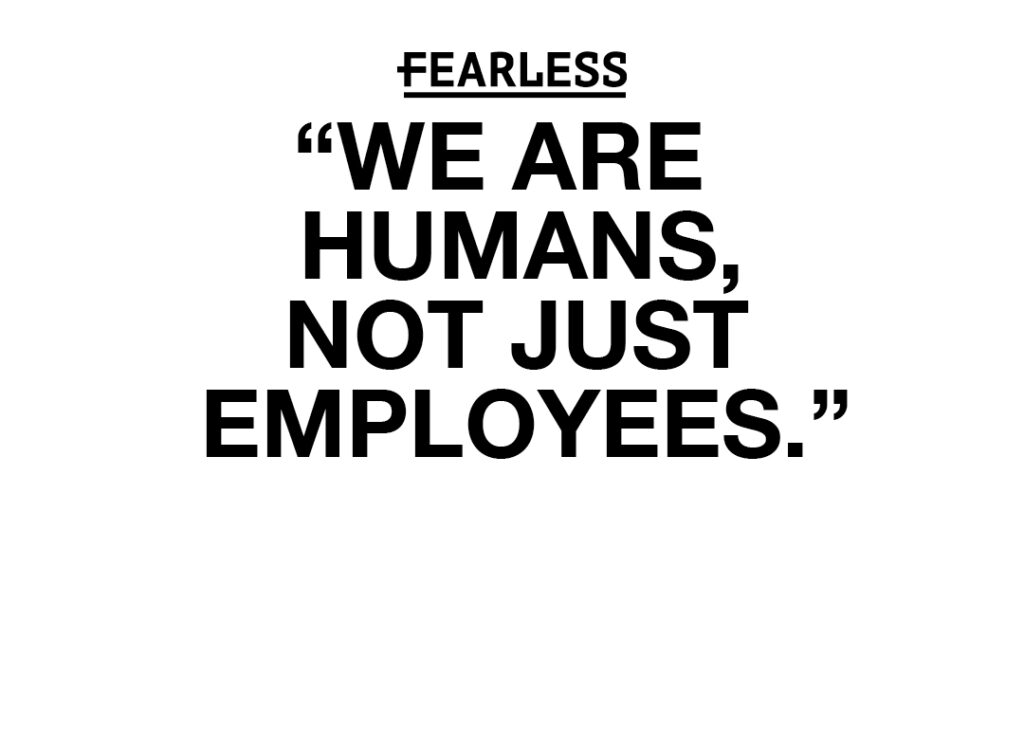From crops to chemicals
Proposed production tax credit aims to spur new ‘building block’ biochemicals

JOE GARDYASZ Jan 23, 2015 | 12:00 pm
4 min read time
1,004 wordsBusiness Record Insider, ManufacturingIowa is an established leader in producing animal feed and fuel products from corn, soybeans and other crops. Now, state economic development leaders say it’s time to create new incentives to help Iowa companies pursue a wealth of opportunIties in producing bio-based chemicals.
The Iowa Economic Development Authority is proposing legislation to create a new Renewable Chemical Production Tax Credit. Furthermore, the IEDA wants its board to be able to award up to $15 million in those tax credits annually to Iowa companies to develop bio-based chemicals. In many cases, byproducts from existing manufacturing would be used to create biochemicals.
“We have a pretty strong infrastructure of biodiesel and ethanol plants in the state,” said Tim Whipple, general counsel for the IEDA board. “All we need is some focused policy that will incentivize industry and take some of those byproducts and turn them into value-added products.”
The U.S. Department of Energy has identified 30 bio-based chemicals that hold the greatest market potential. IEDA’s goal with the tax credit program would be to encourage companies to manufacture these types of “building block” chemicals that can be produced from biomass feedstocks.
Whipple said an example of one company that’s already doing this is CJ Bio America Inc., a South Korea-based company that last year completed a $320 million plant in Fort Dodge. The company has developed a process to convert dextrose, a byproduct from the nearby Cargill Inc. ethanol plant, into lysine, a protein used as a supplement in swine and poultry feed. The company expects to produce 100,000 metric tons of lysine from the plant annually.
Iowa has significant research facilities at its disposal in this area. For instance, the Engineering Research Center for Biorenewable Chemicals in Ames is dedicated to discovering how to transform another common byproduct, glucose, into a range of desired chemical end products for the consumer and industrial markets. According to a page on the Cultivation Corridor’s website, five startup companies have branched off from the center in the past five years.
Under the IEDA’s proposal, annual award amounts to companies would be limited to $1 million for startups or $500,000 for established companies. The credits would be refundable, meaning a company could receive cash back if it receives more credits than its tax liability. The dollar amount of the incentives would be based on the weight of the chemicals produced – 5 cents per pound produced, up to individual limits per category.
Joe Hrdlicka, director of the Iowa Biotechnology Association, said the initiative could help spur growth in the state’s rural economy.
“It’s a strategic initiative that plays to our strength as one of the leading bioproducts producers,” he said. The incentive also aligns closely with the recommendations from the recently updated 2014 Battelle Report, Hrdlicka noted. That report concluded that Iowa must focus on growing and emerging markets within each of its leading industry clusters.
“To my knowledge, this (biochemicals production tax credit) would be a first-of-its-kind proposal nationally,” he said. “We’ve already had great success in the industrial and biofuels arenas, so the biomass area is really the next area.”
If enacted, the legislation would allow the IEDA to carve out the $15 million from the existing $170 million annual cap of tax credit authority, Whipple said. The board sets aside tax credits at the beginning of the fiscal year for each program; any balance remaining is used for the High Quality Jobs Program.
“We think this year there will be enough excess capacity left in the High Quality Jobs Program so that we can also allocate to this program,” he said.
Issue Summary
History:
The tax credit is a new proposal this session. It will be in the same bill as the Iowa Economic Development Authority’s recommended changes to the existing Angel Investor Tax Credit Program. The IEDA is recommending an increase in the tax credit percentage from 20 percent to 25 percent, and to limit the $2 million in annual credits to individual angel investors. Although the bill will be introduced in the economic growth committees, as a tax bill, it will also have to go through the Ways and Means committees. Pairing the two proposals “will be more efficient for (the IEDA) and the coalition behind us to have one bill going forward,” the IEDA’s Whipple said.
Who favors the legislation:
The Iowa Economic Development Authority has proposed the legislation, which has the support of the Iowa Biotechnology Association and the Cultivation Corridor. “I would say we’ve had good feedback on it, but at this early stage, it’s hard to put any odds of passage on it,” said Joe Hrdlicka, the association’s director. “It’s a long session.”
Democratic position:
Senate President Mike Gronstal – “I think we’re interested in this idea; I think it makes sense. A few years ago we worked on legislation to give incentives to data centers in Iowa, recognizing that most of our incentives were directed at traditional manufacturing companies as opposed to information technology companies. So we modernized our code to recognize that. This is the same kind of thing, recognizing that not necessarily all of our economic development programs will fit with the new economy. I personally would like to do something on this subject, and our economic development committee will be very interested, but we do have to be fiscally responsible.
Republican position:
House Speaker Kraig Paulsen – This a relatively new proposal, so it still has a fair amount of vetting to go through. It appears to be encouraging industry or business activity that is consistent with some of the other core competencies of the state, so that makes a great deal of sense. We obviously are very interested in doing things to help grow the economy, especially for these types of jobs. There’s always a reluctance when people talk about refundable tax credits; we’ll have to have a discussion about that as well. I think it’s something that’s going to get a conversation, and may very well end up on the governor’s desk.









